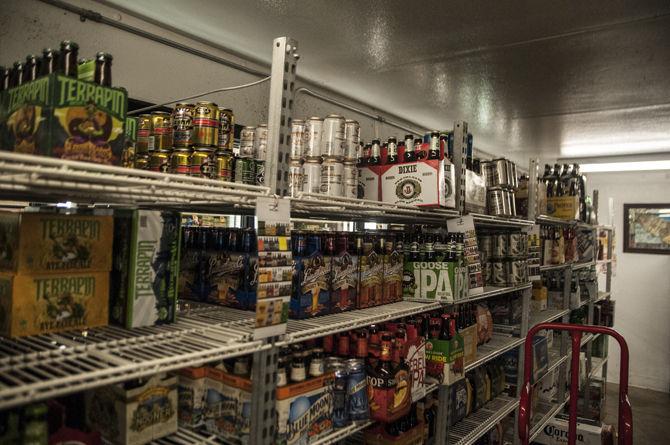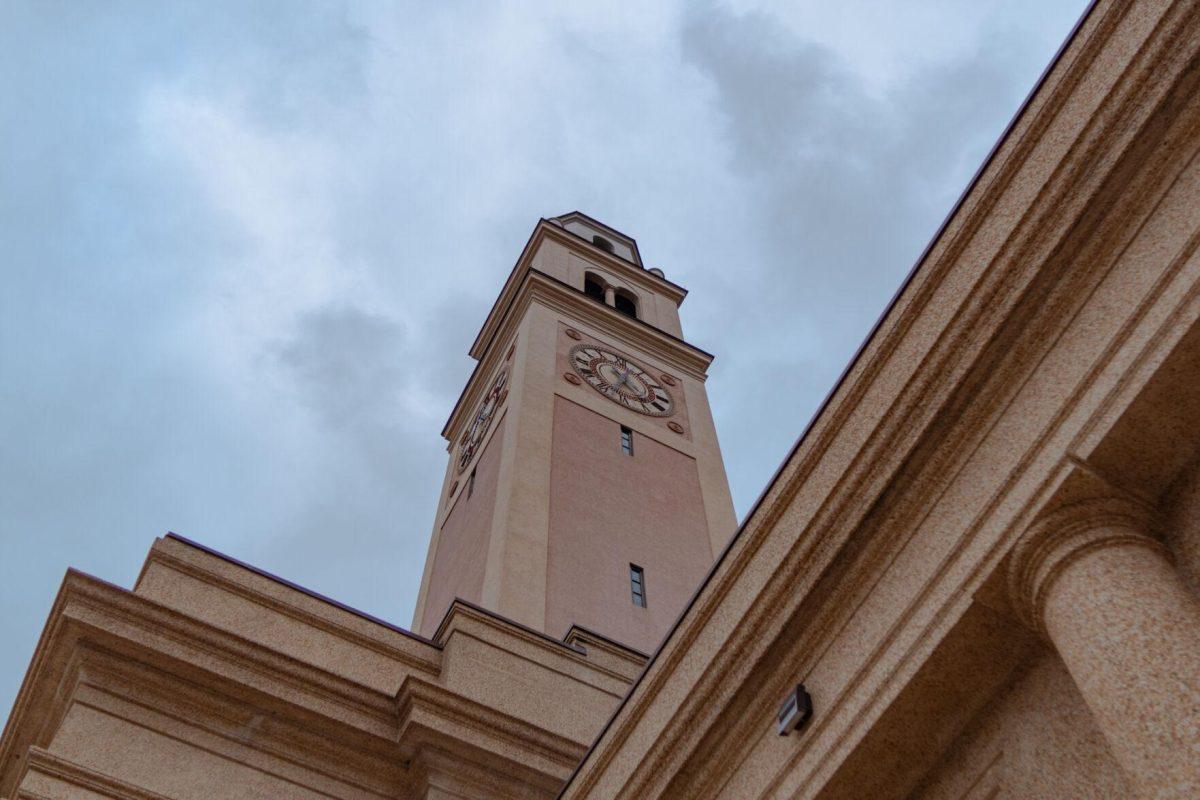A lot has changed for college students over the past decade, including the consequences of underage drinking.
Today, a first offender can expect a $200 fine plus the additional cost of chemical abuse classes and substantial court fees for drinking under the age of 21 years old.
As law enforcement technology continues to advance, the risk of being fined for underage drinking has also increased.
Larry Cooper, a senior legal investigator for the Baton Rouge Office of Alcoholic Beverage Control, said the police have developed new technology to assist in detecting alcohol in the ambient air surrounding a drink.
“[The passive alcohol sensor] is calibrated yearly,” Cooper said. “It will let us know whether there’s something inside a container, whether they dropped it or poured it out or whatnot; it can still sense the signature.”
A common misconception is that a minor in possession infraction is simply a ticket. However, police officers distribute summons or written notifications in place of arresting and booking minor offenders in exchange for a promise to appear in court.
The ABC made 578 MIP arrests in 2019 alone, according to Cooper. The number of arrests grows when factoring in other departments’ numbers.
Michelle Preau, an LSU alumna from the class of 2014, noticed a change in the public perception of MIPs even during her time at the University as a business major. There was an increased police presence at the bars and tailgates from her freshmen to senior year.
“The first year it didn’t seem so bad, but the second year we had to really start watching out,” Preau said.
Preau recalled that the police were “jerks” in their handling of distributing summons. After receiving a summons herself, Preau paid almost $300 in fines and had to attend one Saturday morning class to expunge the charge from her record.
A 20-year-old LSU history senior, who spoke on her experience receiving an MIP on the condition of anonymity because of pending litigation, also felt that the police officers involved were callous.
The night she received her summons, the authorities were raiding Tigerland bars.
“I saw somebody dressed like a police officer, so I put my drink down,” she said. “He came up and grabbed me by the arm and said, ‘Little lady, come outside.’”
Most attorneys advise their clients to attend a pretrial hearing instead of appearing in court. Those clients who choose to fight their charge can face up to 30 days in jail and other fines associated with court costs if found guilty.
This LSU student, however, had family connections to a lawyer who could help her through the pretrial process to avoid jail time.
“My lawyer just said it’s a money grab,” the student said. “They don’t actually care. It’s just the money, because they [police officers] could drink at 18.”
She also said the pretrial process involved paying for and attending two chemical abuse classes and covering court fees and fines adding up to $435.
Though it has been a crime since 1986 to consume alcohol under the age of 21 in Louisiana, an arduous legal process follows students if they receive an MIP.
Past, present LSU students reflect on heightened consequences of MIP offenses throughout past decade
February 5, 2020
Alcoholic beverages in display on Monday, Jan. 18, 2016 in Government St, Baton Rouge Albertsons.






